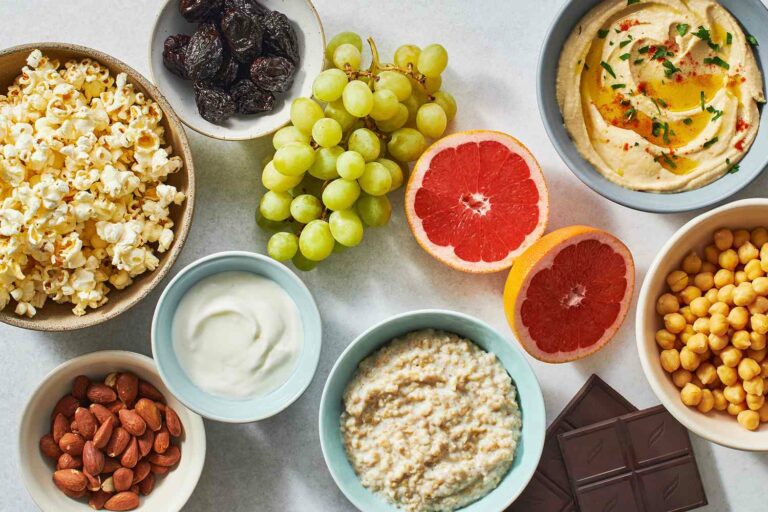When it comes to dieting and healthy eating, there’s a lot of misinformation that can make the journey more confusing than it needs to be. From outdated fads to popular misconceptions, understanding what’s true and what’s not can help you make better choices for your health. Here are some common myths about dieting and healthy eating that you can stop believing.

One of the most widespread myths is that eating fat makes you fat. In reality, healthy fats—like those found in avocados, nuts, and olive oil—are essential for overall health. They support brain function, help absorb vitamins, and can even help you feel full, reducing the temptation to overeat. The key is to focus on good fats while avoiding trans fats and excessive saturated fats found in processed foods.
Another common myth is that carbs are bad for you and should be avoided at all costs. Carbohydrates are actually a vital energy source for your body, especially for brain function and exercise performance. The problem lies in the type of carbs you consume. Whole grains, fruits, and vegetables provide fiber, vitamins, and minerals that are beneficial, while refined carbs like white bread and sugary snacks can cause blood sugar spikes and contribute to weight gain.
The myth that skipping meals helps you lose weight is also misleading. Skipping meals can actually slow down your metabolism and lead to overeating later in the day. Consuming smaller, balanced meals throughout the day keeps your metabolism steady and helps prevent binge eating.

Lastly, many people believe that detox diets are necessary for cleansing the body. However, your body already has systems (liver, kidneys) designed to detoxify naturally. Instead of relying on restrictive detox plans, focus on maintaining a well-balanced diet rich in whole foods and fiber to support your body’s natural processes.
By debunking these myths and focusing on balanced, sustainable habits, you’ll be better equipped to make healthier choices and achieve long-term wellness goals.






